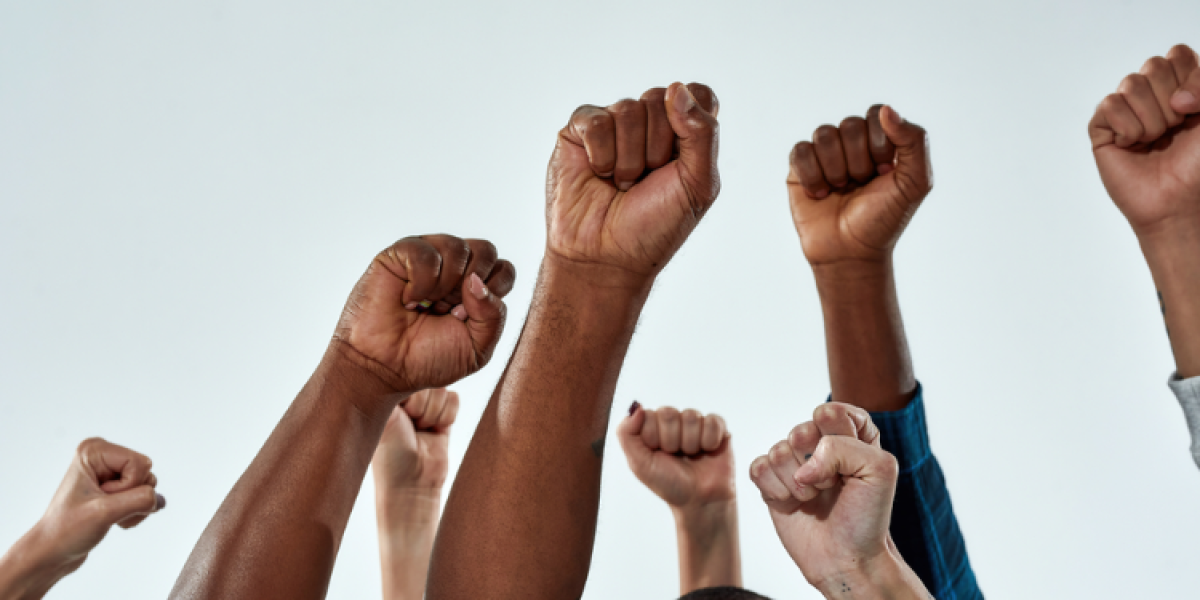
Mauritius is currently at the heart of the United Nations Human Rights Council's Universal Periodic Review (UPR). While the government highlights the country's progress, the reports highlight major challenges, ranging from prison conditions to press freedom.
Mauritius is again in the international spotlight as the United Nations Human Rights Council's Universal Periodic Review (UPR) Working Group examines the country's human rights situation. This is the fourth time the country has undergone this review. On Wednesday, the Mauritian delegation, led by Foreign Affairs Minister Maneesh Gobin, defended the government's position before the UPR in Geneva.
While the government's first report suggests that Mauritius largely complies with international standards, the review identified several areas of persistent concern regarding the human rights situation in our country.
Gender discrimination and discrimination against LGBT+ people
Although the first government report suggests Mauritius mainly complies with international standards, the UPR raised several persistent concerns about the country's human rights situation. The issue of gender discrimination and discrimination against LGBT+ people came to the fore, highlighting gaps in Mauritian legislation for the protection of women and LGBT+ people. In particular, the National Human Rights Commission pointed to the lack of initiatives to address the sharp rise in domestic violence, advocating broader measures such as pre-marital counseling and couple therapies focusing on domestic violence in collaboration with NGOs.
Criticism also focused on the legislative definition of spouse, hindering the acceptance of same-sex couples. Recommendations were made to extend the scope of the law on protection against domestic violence to LGBTQI people living in cohabitation. In addition, calls were made for the full decriminalization of abortion and more effective mechanisms to combat persistent domestic violence.
Freedom of expression and the press
Mauritius' legislation on information and communications technologies has been heavily criticized for numerous provisions that fail to comply with international standards on freedom of expression and respect for privacy. Thus, the UPR called for strengthening the Mauritian legal framework to ensure adequate safeguards against unwarranted surveillance and misuse of personal data. Independent judicial review was suggested to strengthen these safeguards, underlining the need for substantial reform to meet international standards.
At the same time, the use of legal and financial means by the Mauritian government to silence local journalists was raised. These concerns have been exacerbated by revising the Information and Communication Technologies Act, authorizing prison sentences of up to ten years for content deemed "offensive" and "likely to cause harm".
Police and prison violence
The U.S. State Department's 2022 observations on human rights in Mauritius highlight persistent problems. Allegations of police torture, although prohibited by law and the Constitution, persist. One thinks of the shocking videos of May 2022, showing police officers sexually assaulting a detainee. Although investigations have been launched, questions remain about the effectiveness of the measures taken to remedy these abuses.
Independent reports, such as those from the Office of the United Nations High Commissioner for Human Rights, present a bleaker picture, highlighting delays in police investigations, problematic prison conditions, and press freedom violations as critical issues requiring urgent improvement.
Prison conditions for drug-related cases are also criticized: the National Human Rights Commission has highlighted delays in police investigations and recommends revisions to prison regulations in line with the Nelson Mandela rules.



















